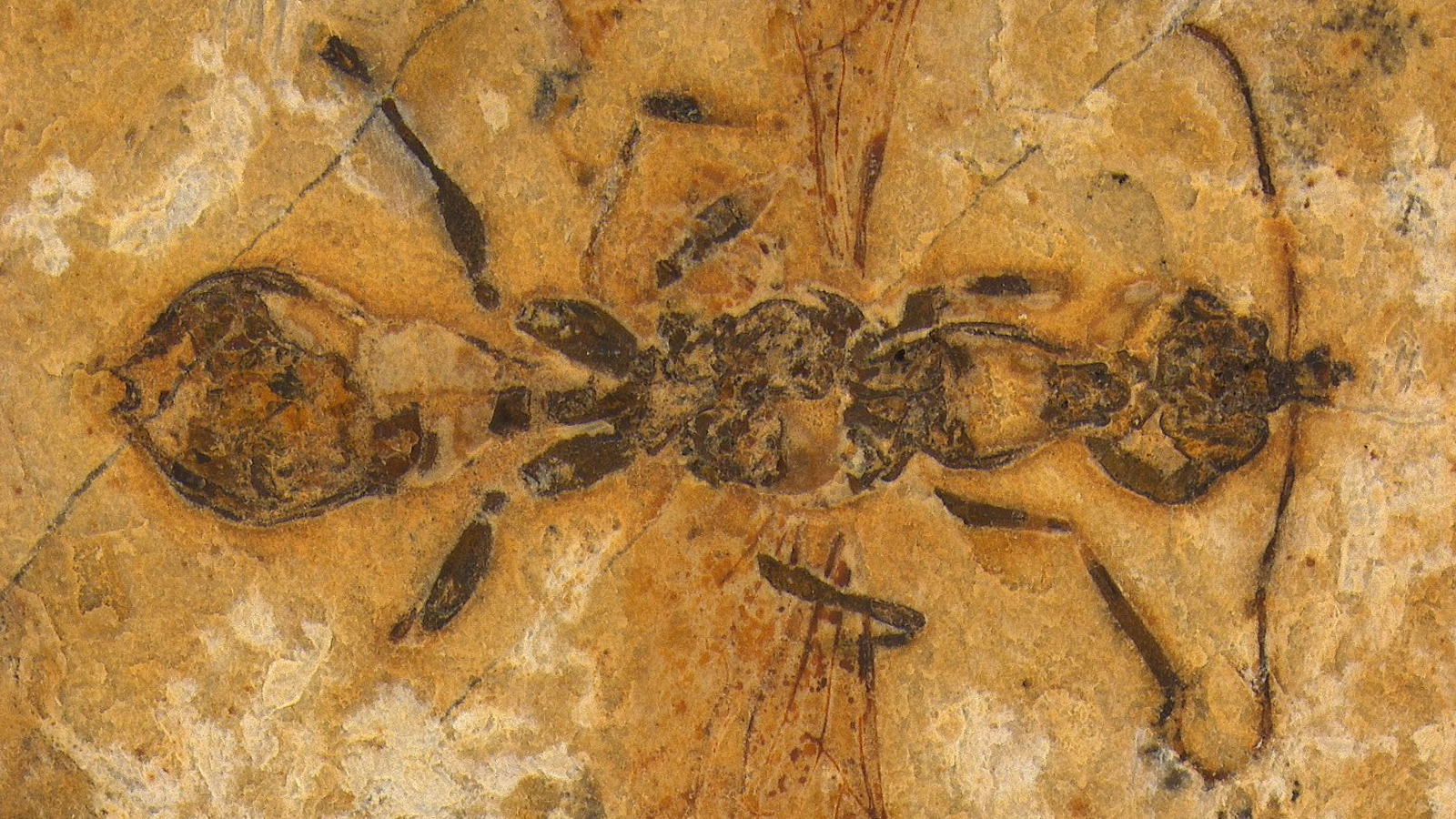
A bold claim by one researcher that the harmful effects of human aging can be eliminated within the next 25 years has drawn heavy fire from researchers ever since it was first announced. Today it will get a mild but formal rebuke from a group of scientists in a move that has already sparked debate.
In 2005, Technology Review magazine announced a $20,000 prize for any molecular biologist who could demonstrate that the widely publicized strategy for defeating aging being touted by Cambridge University aging researcher Aubrey de Grey's strategy was "so wrong that it was unworthy of learned debate."
Called the SENS Challenge, the goal of the competition was to settle once and for all whether de Grey's "Strategies for Engineered Negligible Senescence,"—a controversial roadmap for anti-aging research that aims to achieve thousand-year life spans—is true science or wildly speculative science fiction.
The award money was to be paid out evenly by both Technology Review and the Methuselah Foundation, an organization created by de Grey to promote anti-aging science. The Methuselah Foundation is also behind the M-Prize, a $3.5 million award on offer to any scientists who can slow or reverse the effects of aging.
Five teams submitted entries to the SENS Challenge, but only three met the terms of the competition. Results from the deliberations of the competition's panel of five judges—which included such science and technology luminaries as human genome sequencing pioneer J. Craig Venter and Nathan Myhrvold, former chief technology officer of Microsoft—is to be announced today on the magazine's website.
The judges' decision: SENS cannot currently be experimentally verified and is therefore not science; however, it is not complete fantasy either.
Not quite science
Sign up for the Live Science daily newsletter now
Get the world’s most fascinating discoveries delivered straight to your inbox.
SENS is a seven-part plan devised by de Grey for repairing and preventing age-related damage to the body at the cellular and genetic levels, but the approach has been widely criticized by scientists as being too broad to be useful. For example, some of de Grey's tactics include the elimination of mutations that can lead to cancer and other age-related diseases and the purging of junk proteins that accumulate within cells with age.
"SENS is a collection of hypotheses that have mostly not been subjected to [the scientific] process and thus cannot rise to the level of being scientifically verified…" Myhrvold wrote in a summary of the judges deliberations. "SENS exists in a middle ground of yet-to-be-tested ideas that some people may find intriguing but which others are free to doubt."
The judges decided that none of the submissions successfully debunked SENS, but unanimously agreed that one submission by biogerontologist Preston Estep and colleagues was "the most eloquent" in its criticisms of SENS.
However, the judges also said that while Estep's team provided many reasons to doubt SENS, they were "too quick to engage in name-calling, labeling ideas as 'pseudo-scientific' or 'unscientific' that they cannot really demonstrate are so."
Venter expressed the general consensus of the judges when he wrote "Estep et al. in my view have not demonstrated that SENS is unworthy of discussion, but the proponents of SENS have not made a compelling case for it [either]."
Because no clear winner was announced, only half the value of the prize was paid out, and only by Technology Review.
"The $10,000 therefore reflects my gift as it were to Estep and his colleagues for what I thought was a fair and sincere effort," said the MIT-affiliated magazine's Editor-in-chief, Jason Pontin, in a telephone interview.
Dispute over prize payout
But the Methuselah Foundation said that no amount of the award money should have been awarded and calls the disbursement an "expensive and rather desperate-looking smokescreen."
"The challenge was set up to be a kind of win or lose [situation], and they lost," Methuselah Foundation director David Gobel told LiveScience. "None of the challengers won so it's a perversion of the competition."
Despite disagreeing over the prize payout, Gobel said the SENS Challenge successfully fulfilled the goal the Methuselah Foundation set for itself when it agreed to co-sponsor the competition.
"Our goal was to have people treat SENS to the degree that it was worthy of being treated and to have people go on the record about their thoughts and opinions instead of deriding it behind closed doors, and we succeeded at that completely," Gobel said.
The SENS Challenge currently remains open. "If someone presented a winning submission, they would still be paid the full $20,000," Pontin said.










